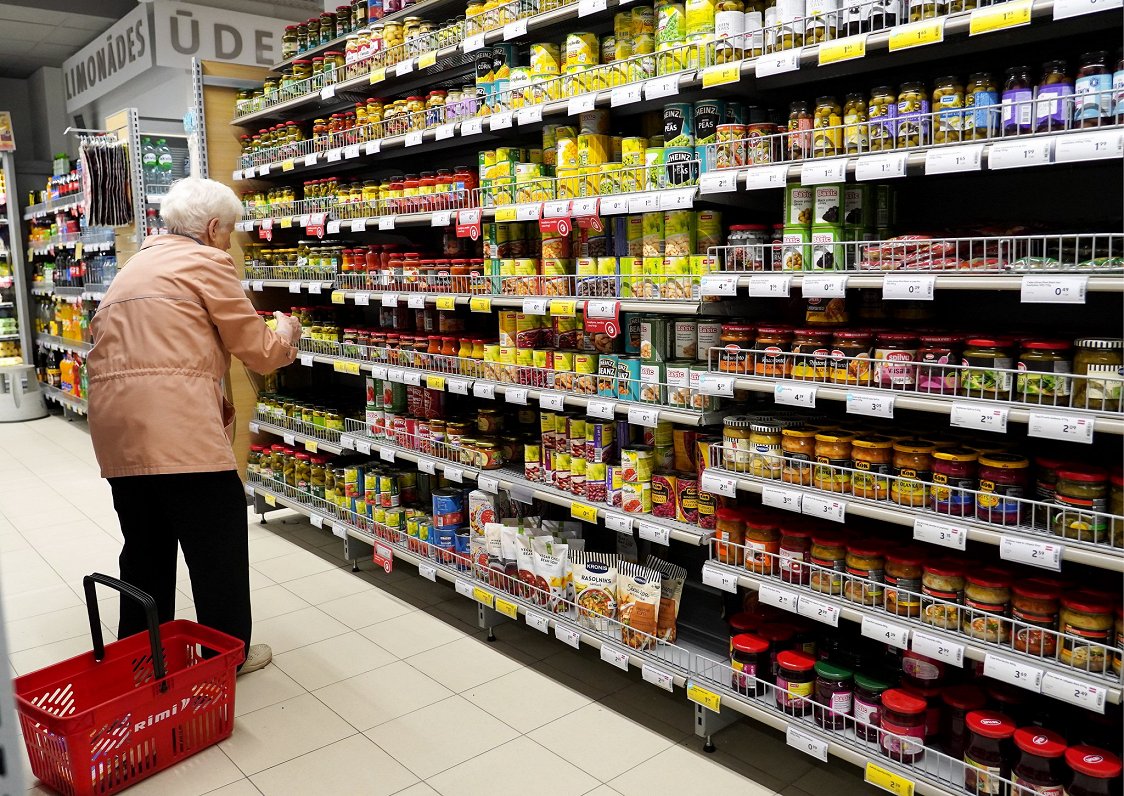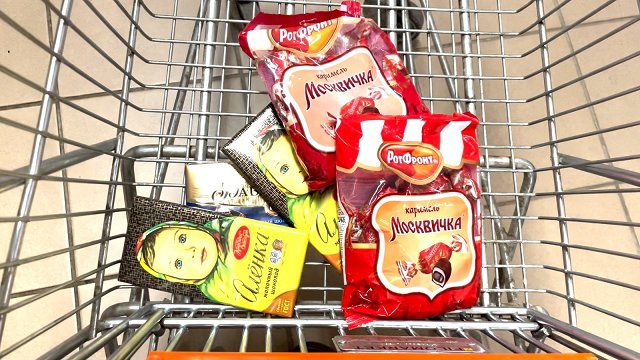She said that prices rose for all – both manufacturers and traders. The mark-up for Latvian products is now higher than for import products and the requirements for our producers are also stricter.
"I find it inconsistent that our traders are getting upset, sympathizing with global and important issues around the environment and animal welfare. They worry if the chickens in the cages are too crammed but less [worry] about the Latvian producer and the people who work there,” Gulbe said.
But food prices have stalled now. Everyone should feel that, and producers feel that too, because they are being asked for price cuts in deliveries, the researcher continued.
“There have been quite significant price changes now compared to last year - some products have become more expensive, such as coffee, tea, bananas, orange juice, and olive oil, while some have also become cheaper, such as sugar, sunflower oil, much of the dairy product,” Gulbe said.
The price should stop at the current level because despite many resources being cheaper, including electricity, there have been various processes that have pushed the price up again, such as the Bab al-Mandab Strait conflicts, wage growth.




























